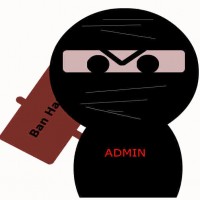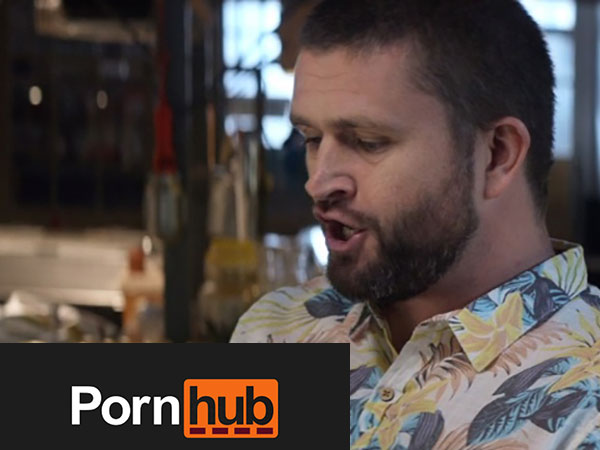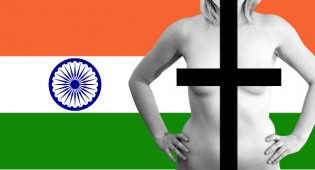UK Stepping Back from Internet Censorship Plan?
YNOT EUROPE – British Prime Minister David Cameron’s government appears to be rethinking its previous plans to implement draconian censorship measures in a effort to corral online porn.
Last year, the Cameron government began touting a new plan to require users of the UK’s four biggest internet service providers to opt-in in order to view sexually explicit websites. Typically, the UK’s ISPs stay out of the way of their customers’ viewing habits, allowing end-users to view pretty much anything legal without looking over their shoulders. Those who do not want to see adult content can filter it on their end of the connection.
The impetus for the proposed change in communications regulations was “protecting the children.” As might be expected, anti-porn groups insisted the government forge ahead, even when the regulations under consideration took a hard right turn and began to corral other media. According to The Guardian, proposed regulations also would have impacted “aggressive advertising campaigns and certain types of images on billboards.” In addition, the government proposed a project called “Parentport, which parents can use to complain about television programmes, advertisements, products or services which they believe are inappropriate for children.”
A new BBC report suggests the government now may be backing away from the harshest components of the regulations. Cameron and regulators have undertaken “consultation” with industry leaders and security experts, presumably to prevent politically and socially costly mistakes.
“I want to fully explore every option that might help make children safer, including whether internet filters should be switched on as the default, so that adult content is blocked unless you decide otherwise,” Cameron said in a prepared statement.
British civil libertarians called the consultation “a positive step.”
“Mass blocking of websites was rejected in the U.S. for breaking internet security and in Holland because it doesn’t work and drives criminals underground,” Big Brother Watch representative David Pickles told the BBC. “The government should make clear they will not consider a policy that will make it harder to catch child abusers and put consumers at risk when shopping online.
“As recognised by Ofcom, it is trivial to get around an opt-in blocking system, so it would be totally wrong for this to be used as an excuse to spy on all our internet activity,” Pickles added.
Mothers Union and other anti-porn crusaders aren’t ready to give up on blanket censorship quite yet, though, according to the BBC.
Andrew Flanagan, the chief executive of children’s charity National Society for the Prevention of Cruelty to Children, indicated his organization is against any “halfway house approach” that might allow kids to view “damaging pornography.”
Comments are closed.






